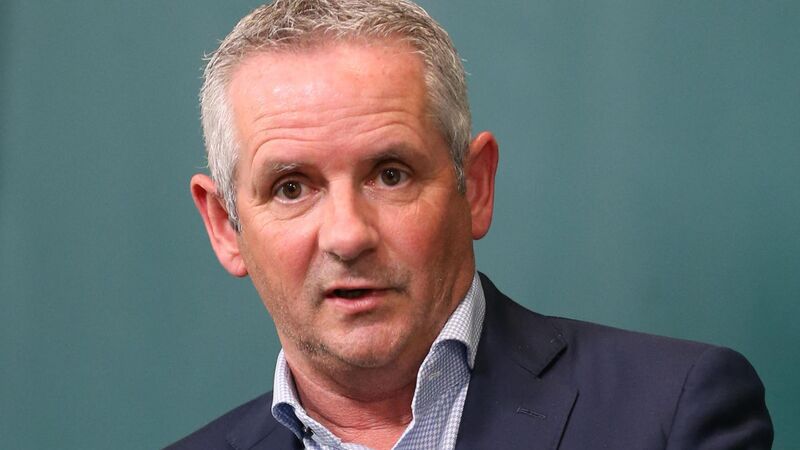HSE boss unaware of further cyberattack ransom demands

The HSE's primary focus regarding the ransomware attack is to restore its systems and ensure patients do not suffer any longer than necessary, according to chief executive Paul Reid. Picture: Sasko Lazarov/Photocall
The head of the HSE has said he does not know whether the criminal gang behind a crippling cyberattack has made further requests for ransoms based on patient data.
Paul Reid said the primary focus is to restore HSE operating systems to ensure patients do not have to suffer longer than necessary:













